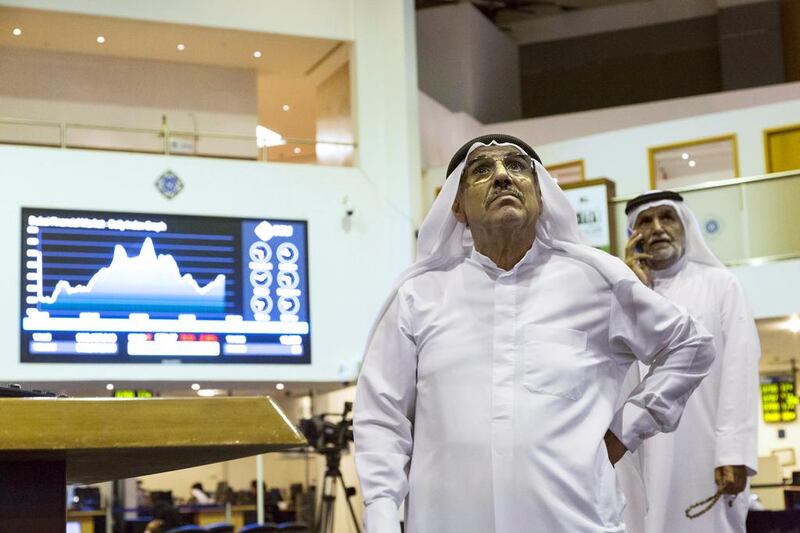The global economic outlook continues to give us some cause for concern, most recently with the events in China.
The increasing divergence in monetary policies (the Fed and Bank of England look set to raise rates while China continues to lower and Europe and Japan maintain expansionary policies) was expected to upset risk markets after a long period in which volatility was suppressed by expansionary monetary policy. However, the magnitude of those moves is starting to seem extreme.
Emerging markets find themselves in a dilemma. Stumbling growth in a number of countries plus Beijing’s decision to devalue its currency would dictate policy easing in response. Yet the prospect of Fed tightening makes this difficult for countries that are already facing significant drops in the value of their currencies.
This dilemma has stoked volatility and caused market moves typically associated with major global dislocations or crises. But the global economy does find itself in such a situation at the moment.
It is worth noting that currency reserves have grown exponentially in a range of countries since the Asian crisis of 1997-98. Even more importantly, the abandonment of currency pegs means that the most important emerging markets have managed, so far at least, to avoid having to raise rates in the teeth of slowing growth.
The GCC countries are still somewhat insulated from global concerns, although authorities’ efforts to come to grips with the slide in energy prices will likely continue to be an important factor in the performance of GCC assets over the coming months.
We are encouraged by reforms that the drop in oil prices has triggered in ultimately unsustainable tax and subsidy mechanisms in GCC countries, and throughout the rest of the Mena region.
While the authorities in many countries still have ample room to support their domestic economies, we are also pleased to see other examples of greater budgetary discipline in the region.
The Saudi authorities are reviewing their capital spending plans, with the prospect that a number of planned projects will be delayed or downsized.
Spending cuts loom in fiscal year 2016 in other GCC countries as well, together with further targeted cuts to corporate fuel subsidies and rises in corporate taxes.
We will also continue to monitor countries’ efforts to widen the tax base, including the introduction of VAT. (Any such initiative will need coordination among GCC members).
It is too early to become overly concerned about the GCC’s medium-term prospects. While some GCC members are more vulnerable to low hydrocarbon prices than others, fiscal deficits in influential countries such as Saudi Arabia are much lower than in Europe or the United States, and public debt is low (less than 2 per cent of last year’s GDP in the case of Saudi Arabia).
Currency pegs to the US dollar or a basket of major currencies provide a major policy anchor for GCC countries. At the same time, changing circumstances and an eagerness to diversify funding sources and build more sophisticated financial systems leads us to believe that there will be greater bond issuance in the GCC and wider Mena region in the months ahead.
Mohieddine Kronfol is the chief investment officer for fixed income and global sukuk at Franklin Templeton Investments Middle East.
Follow The National's Business section on Twitter






